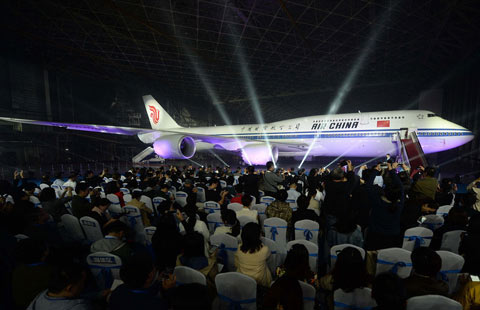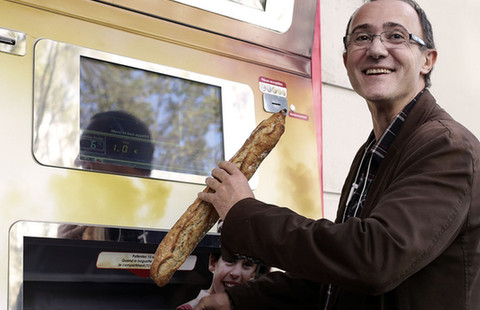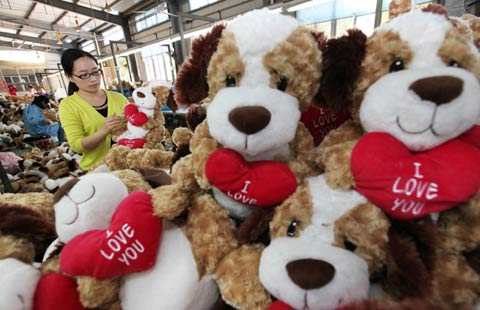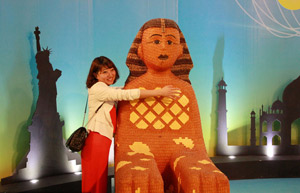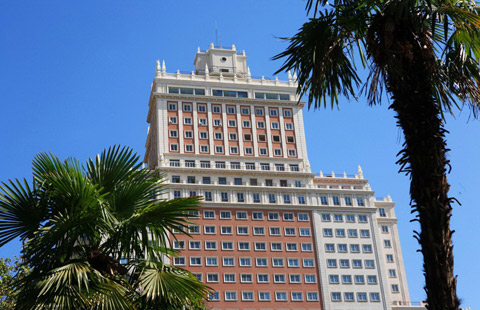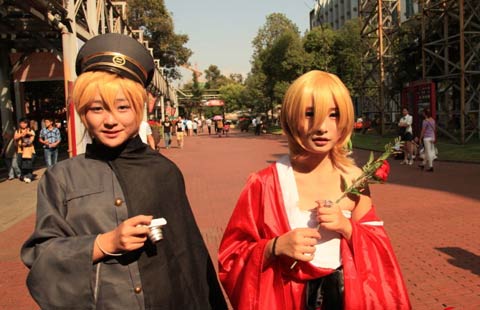China to facilitate non-bank retail money exchange
(Xinhua) Updated: 2012-04-26 09:45BEIJING - China will facilitate the development of non-bank retail money changers by allowing them easier market access and broader business scope, the country's foreign exchange regulator has promised.
The State Administration of Foreign Exchange (SAFE) will reduce operational costs for licensed retail money changers and encourage them to run chain stores to achieve economies of scale, according to a new SAFE press release.
Currency exchange shops will need a minimum registered capital of 5 million yuan ($794,000) to operate in a single region and 30 million yuan for a national license, up from the 1 million yuan required previously, the SAFE said, citing new laws that will take effect on May 1.
"The new regulations will provide convenience for licensed shops in market access and operation as long as risks are controllable, and reserve room for future development," said the press release.
China didn't allow retail currency exchange at non-financial institutions until 2008, when two licensed shops were set up in Beijing and Shanghai.
The SAFE in 2009 expanded the pilot program to 13 provincial regions and four cities, including Beijing and Shanghai. A resident can change at most $5,000 a day at those shops.
The number of licensed money changers has grown steadily since then and the pilot program has produced good results, according to the SAFE.
China allows a resident to change no more than $50,000 a year and demands approval from the SAFE for exchange of a larger value.
The government is trying to make the Chinese currency more convertible and encouraging its use in cross-border trading and investment, aiming at a global status for the yuan.
- Hamburg summit focuses on promoting China-Europe investment
- US approves anti-dumping probe of boltless steel shelving from China
- German business leader pleads for barriers removal in China-Europe trade
- Tax-free purchases by Chinese tourists in Latvia double
- AVIC International launches real estate project in Sri Lanka
- Russia formally approves gas deal with China
- Li says China able to keep around 7.5% growth
- Air China's first Boeing 747-8 set to take off
